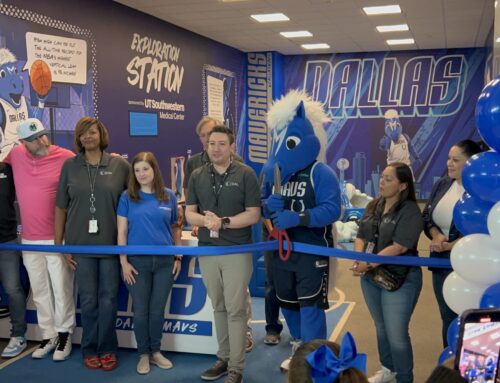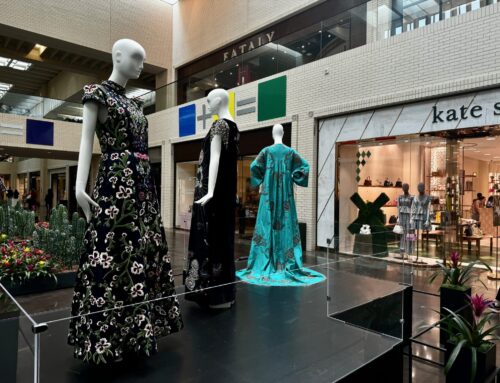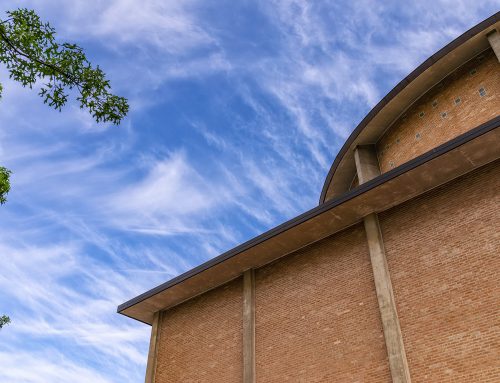
Photo courtesy of Getty Images.
Richard Spencer, who gained attention in 2016 for his alt-right ideologies, is back in the news.
The former St. Mark’s School of Texas student was featured in a story The New York Times did about how the community in Whitefish, Montana, rallied against discrimination.
In 2016, after a video showing Spencer speaking at a white nationalist event in Washington went viral, some residents of Whitefish planned a protest. They wanted to hold it outside a building owned by Spencer’s mother.
Spencer’s mother called real estate agent Tanya Gersh, asked for her advice and claimed she didn’t support her son’s ideas. Gersh recommended she sell the property, donate the profits to an organization like the Human Rights Network and publish a statement saying, outright, that she didn’t agree with Richard. Spencer’s mother said she would take the advice.
But a couple weeks later, she published an article on Medium, alleging that Gersh used the protests as a way to blackmail her into selling the property. What followed was an antisemitic campaign against Gersh.
The community rallied together to push back against the hate. Since then, Spencer has become an outcast in the resort town. Sometimes, he can’t even get a table at local restaurants.
And now, he’s preparing for trial. He’ll be defending himself (because he couldn’t pay a lawyer) in a lawsuit over the violence that occurred at the white nationalist rally in Charlottesville, Virginia, in 2017. Recently, contempt-related fines and sanctions have been levied against Spencer and the other defendants. For example, a federal judge ordered Spencer’s National Policy Institute to pay $2.4 million to William Burke, a counterprotestor who was injured in the Virginia rally.
Spencer has drifted far from his early years in our neighborhood. Graeme Wood, one of Spencer’s St. Mark’s classmates, wrote in a piece for the Atlantic in 2017 that Spencer was mediocre, both as a student and an athlete. Wood and eight other alumni from the class of 1969 wrote a statement against Spencer on a crowdsourced fundraising website supporting resettlement of refugees in Dallas. After a few months, the school community, which Spencer deemed the “Brooks Brothers Brigade,” had raised more than $60,000.






